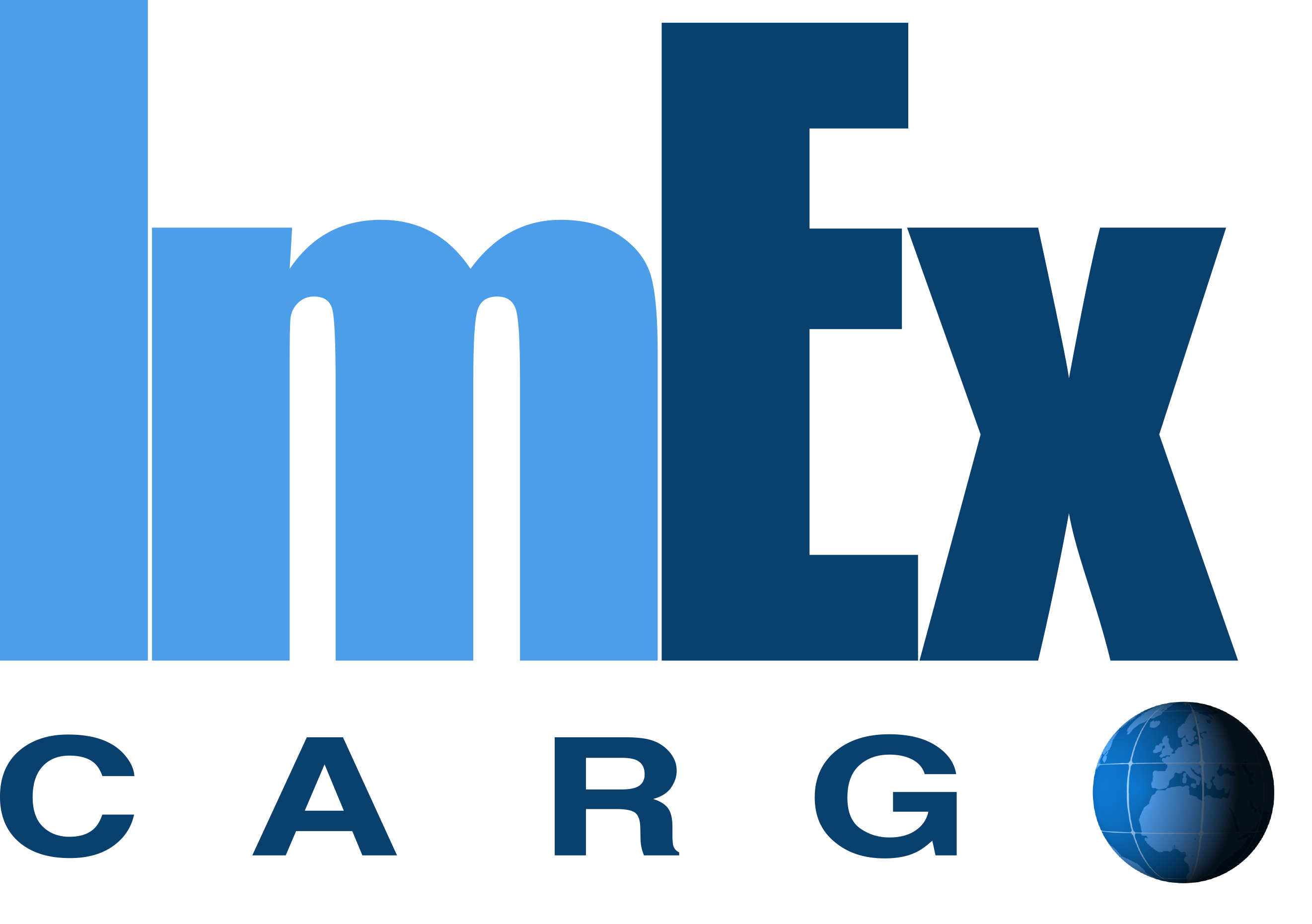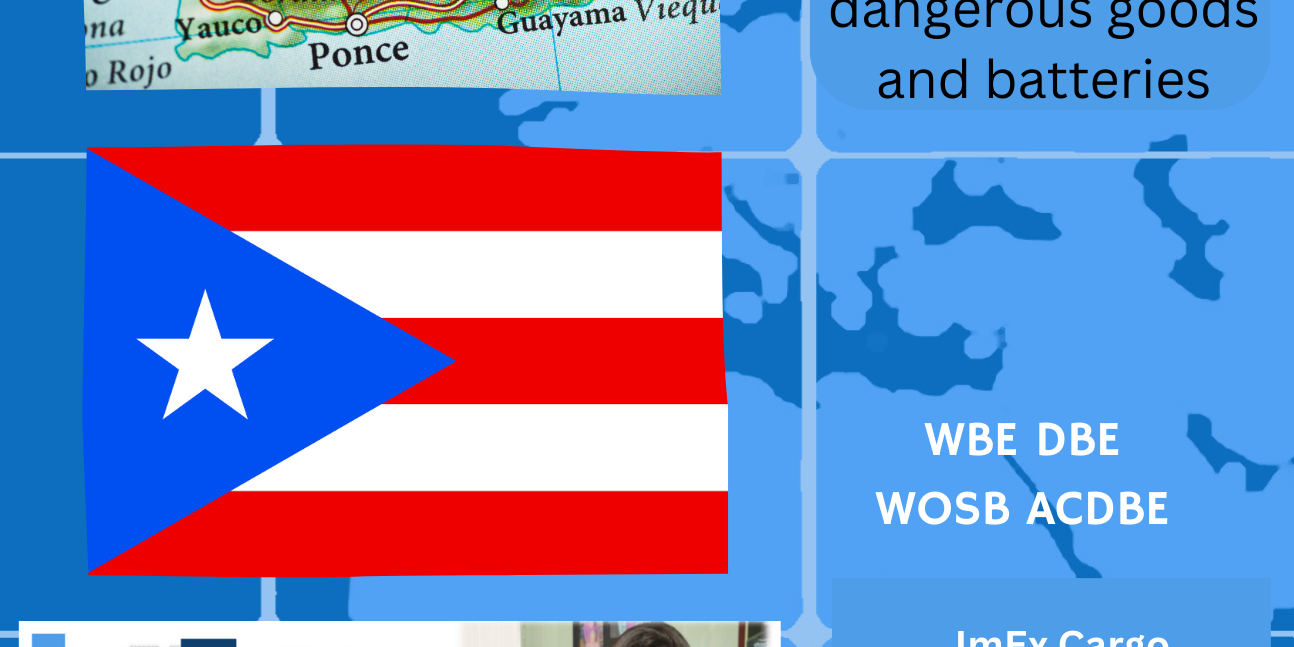According to Washington Post, Moderna and Pfizer coronavirus vaccines have moved at record speed and will seek regulatory clearance for their vaccines in the coming weeks. It is possible that the FDA authorize one or both vaccines by December.
So how will the vaccines be shipped?
The Moderna vaccine is stored frozen at minus-20 degrees Celsius, but it keeps for a month at refrigerator temperatures while the vaccine from Pfizer and BioNTech must be kept at an ultracold, minus-70 degrees Celsius.
So here comes the importance of cold chain. It connects the manufacturer and the clinic. As vaccines are only manufactured in a few facilities around the world, we need a strong international network of transportation sites to get immunizations for our communities. Besides, some of the regional hospitals may not have the specialized ultra-cold freezers needed to store a vaccine like the one developed by Pfizer and BioNTech, especially in large quantities. So special warehouses are needed, and the storage of the vaccines has to be monitored.
Actually, Pharmaceutical and healthcare products have always been the specialty cargo with high level of quality requirements. Not only COVID-19 intensified these requirements, but it has also put the speed of delivery at the forefront as countries needed urgent deliveries of PPE and other medical equipment amid spread of the pandemic.
ImEx Cargo, with 30 years supply chain solution experience, is an expert in transporting temperature-sensitive pharmaceuticals and life-saving medical equipment across the globe. Together with our airline cargo partners we utilize a variety of refrigerated containers to ensure the integrity and safety of the vaccines and healthcare products to the worldwide destinations we serve and ready to meet the needs of our customers worldwide. We aim at delivering health and becoming the leader of cold chain solutions provider in New England area. For more information, please send us an email group@imexcargo.com and request a guidebook from us.



